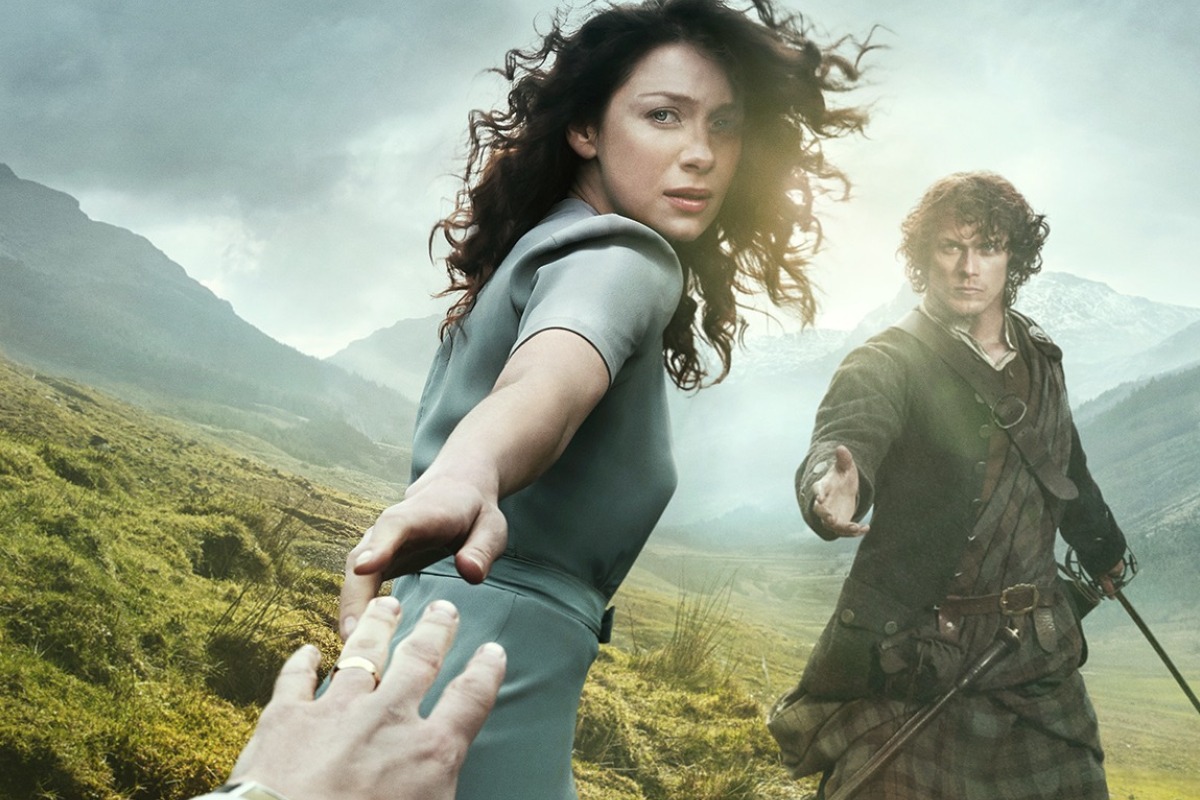Romancelandia Shares: Random Knowledge From Reading Genre and How It Helped IRL
I, too, got educated on Scottish clan history and structure exploring romance stories.

Late last week, award-winning romance and erotic author Mia Hopkins took to Twitter to share some of the random knowledge she’s acquired through reading romance novels. Because many contemporary American romance novels follow a similar structure and HEA ending (Happily Ever After), the uniqueness between books, even in the same subgenre, is conducive to world-building and exploring character chemistry.
A good chunk of people Googled what an “epergne” was (myself included) and what “rodeo clowning” was (myself not included, because I’m from the land of Yee-Haw). However, most of the replies and retweets consist of this sentiment shared by Hopkins.
Some of this comes from the writer’s perspective because they’re doing the research, while others share from the reader’s perspective. I appreciated that people cited the authors, like Courtney Milan, who helped them learn about these fun facts. Star Wars and SFF writer E. K. Johnson said she knows this about the romance reading community and tries to use it to her advantage when doing research.
Despite the positive sharing, I’d be remiss if I didn’t remind people that sometimes writers get things wrong, especially if there is less oversight (like self-publishing). For example, Ashley from Bookish Realm brought up #Hater (the second book from The Hashtag Chronicles) by Cambria Hebert as one of her worst-read books from 2019 because the author did little to no research on how football works. This issue is not limited to self-published novels, romance novels, or even books, but we have to keep these things in mind.
Historophiles unite
While people shared things they learned from all walks of life and interests, one recurring theme was how reading a romance novel made them better informed about history. In some cases, they learned the info for the first time, and in other cases, it stuck better while reading because there was an emotional, narrative connection to that time and place.
Some experts in their fields joked about how this was kind of a one-way relationship, considering they don’t often get much about romance in their respective fields.
I’d encourage non-romance readers to consider picking up a romance book. I started (watching) Outlander not knowing it was a romance, but it was about a British WW2 combat nurse transported back almost 300 years in the past. It took me several episodes to even find out it was a historical romance story. Then, it took the lead-up to a very terrible battle in season two (that’s all that was out at the time) to find out there were several books.
All this to say that I stumbled into historical romance by accident and wished I’d done so sooner. Not only did it help me learn about Scottish history, but it gave me better context to parts of American History and the French Revolution, as well as imperial oppression within (geographically) the British Isles, just in the first two seasons/books alone.
(via Twitter, featured image: Starz)
—The Mary Sue has a strict comment policy that forbids, but is not limited to, personal insults toward anyone, hate speech, and trolling.—
Have a tip we should know? tips@themarysue.com